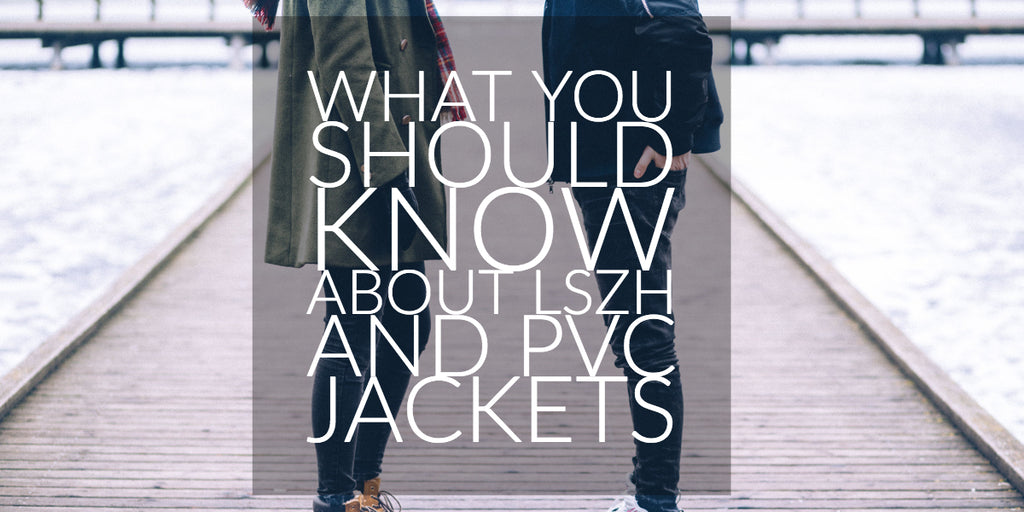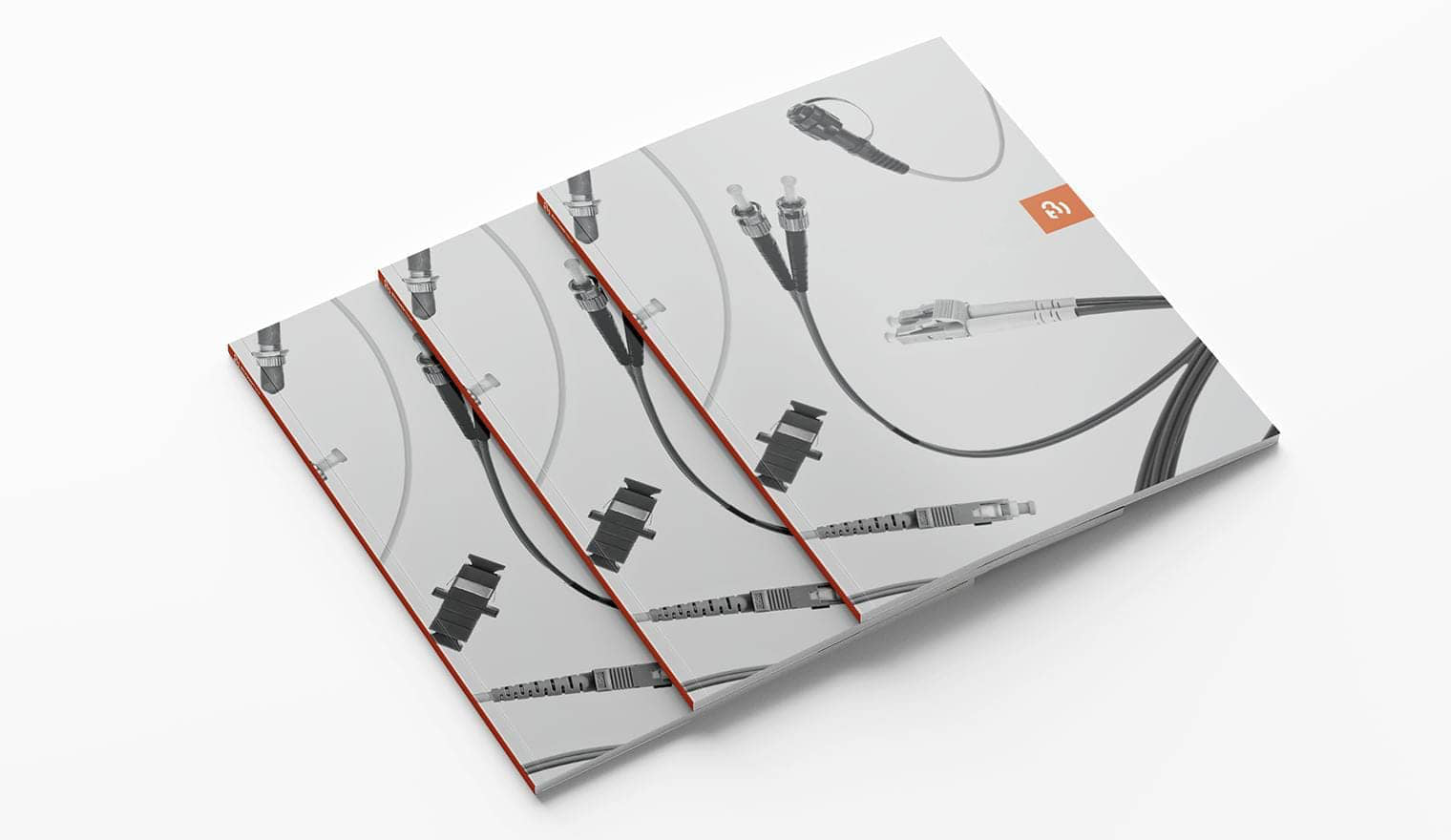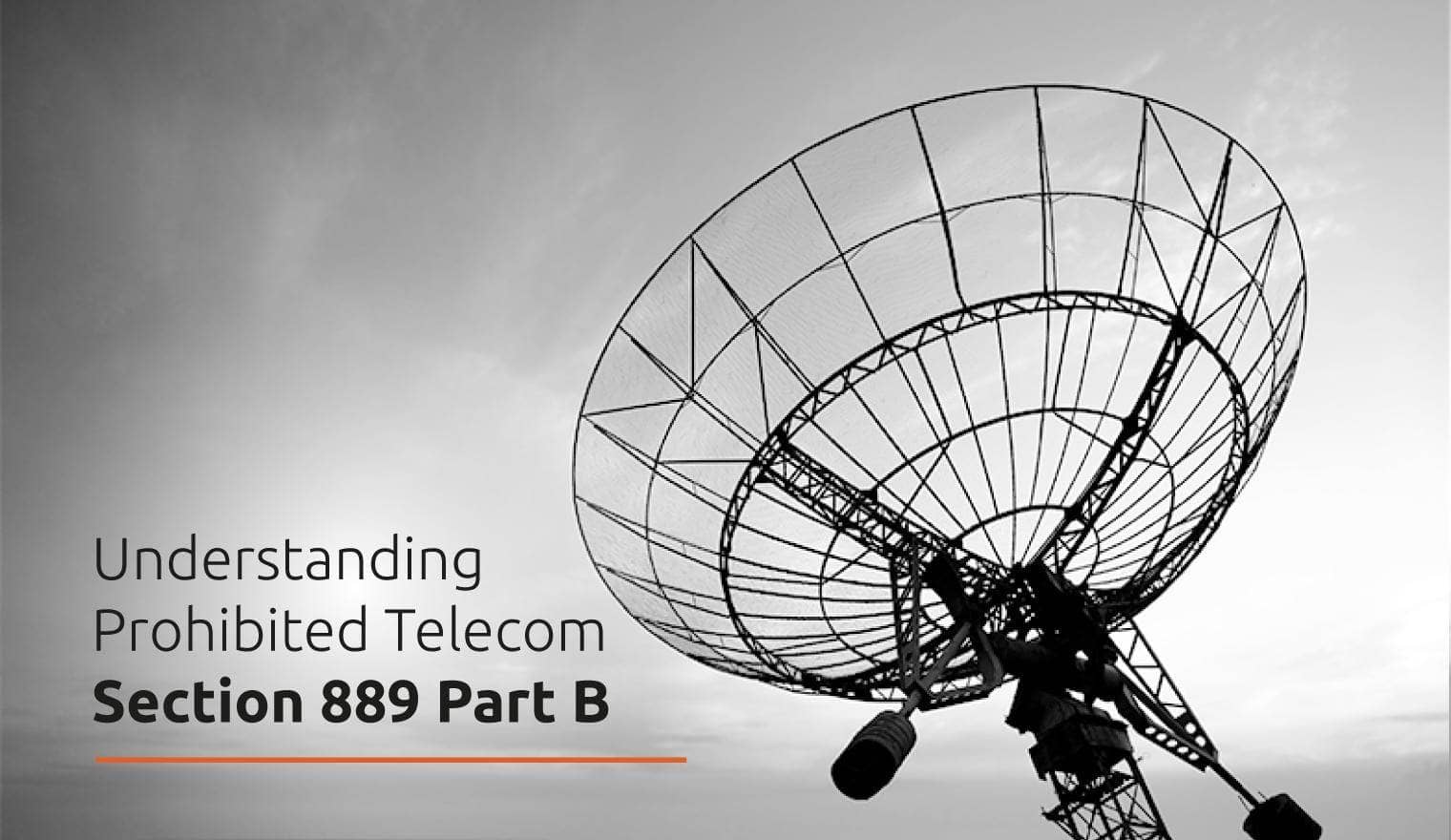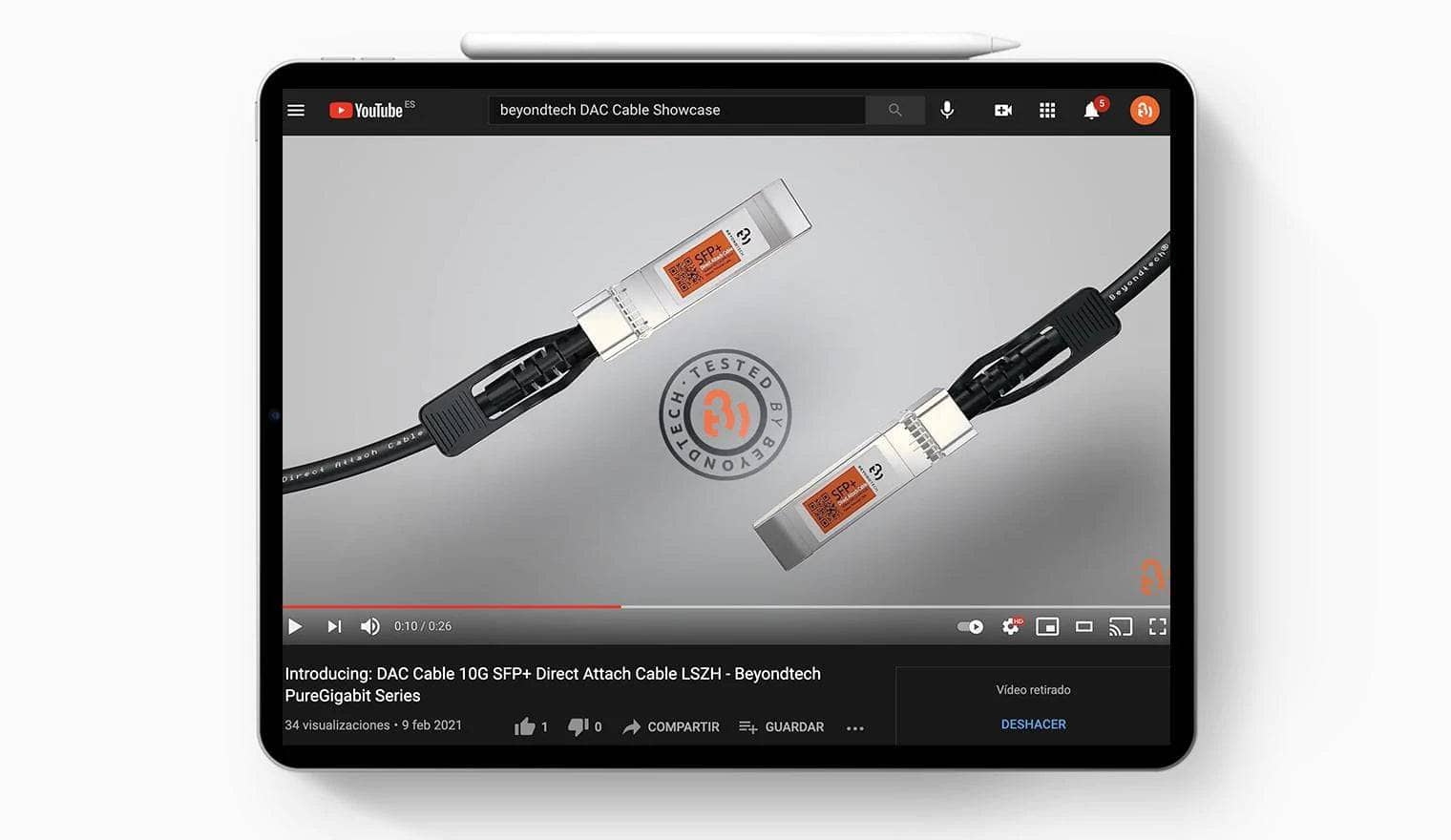What You Should Know About LSZH and PVC Jackets
Winter is indeed coming, and we all need to go in our closets to get our jackets dusted and ready for it, nevertheless, your Fiber Optics cables don’t need to do that, because they are always wearing the jackets you picked out for then, but the cables in your network are like your children, and as your children you want them to be safe and warm, and here we have the information you’ll need to choose the jacket for your cables depending on your network’s needs, so once again, with no further ado, let’s just jump into it.

Let us start by talking about LSZH, for starters it stands for Low-Smoke Zero-Halogen, which means it’s made of a non-halogenated material therefore making it flame-retardant the low-smoke part refers to the amount of smoke it generates when burnt. Terms such as LSOH, LSHF and LSNH always refer to the cable’s properties of letting out low-smoke and having zero-halogen. This type of cable jackets is frequently used in Central Offices, Nuclear Plants, Oil Refineries, Mass Transit Rail Systems or other systems where keeping people or equipment from toxic smoke and corrosive gases is critical.

When you talk about PVC you are referring to Polyvinyl Chloride a widely used material in construction, but in this case, we’re talking about cabling. PCV is use in cabling jacketing due to its wide variety of uses from fixed wiring to flexible installation, it is available in a number of colors, sizes and conducting materials, which makes it incredibly versatile in many types of networks. But all this marvelous amount of pros it has come with a couple of red flags, PVC can be quite dangerous in a fire situation, you see, Polyvinyl Chloride releases heavy smoke and hydrogen chloride gas when on fire, and you don’t want that situation when you’re thinking about home cabling and health electronic devices, so when you’re installing a network and are trying to decide between the amazing benefits of PVC you have to go to the NEC (National Electrical Code) to see if PVC checks up all the security qualities you must meet.

Now, let’s talk about when to use one or the other.
In modern installation either of them would be ok and would be equally effective, so as the Cable Guy, you are in charge of knowing what is your situation and which one is going to be the best solution for the job.
LSZH are, right of the bat, low-smoke and fire retardant, yes, they are more expensive, but if you’re facing an installation that could face heat or there is a probability that they could catch on fire and be a liability in hurting people then these are the Jackets for your situation. So what situations are we talking about? Well, think of confined spaces, ships, planes, cars, elevators, submarines, in this places fast communication is key, but more important than that, safety is key, also, think about telecommunications in hospitals or health facilities, in this era where surgery is being made by remote controlled machines, speed and safety is key to safe lives, but also remember these guys aren’t the most flexible ones so you need to plan ahead when designing the network.
Also, is important that EU Zone only accepts LSZH Cable jackets due to safety regulations in Europe, in the US both of them are accepted.

PCV in the other hand is used when you’re installing cables in a well-ventilated environment where you know or are most sure heat won’t be concentrated, most normally it’s used in long horizontal wiring or vertical communication between floors, but always be aware of having good ventilation and avoiding heat, think of this and you just might save lives by being smart.

What other differences are there? Well, Cost is easy, LSZH are a little more expensive cables, but when you’re talking about human lives no spend must be spared. We can also talk about Flexibility, you go out to any cable store near you and ask for a LSZH cable and get a feel of it, you’ll immediately see that a LSZH cable feels rough which makes it not very flexible due to its flame-retardant compounds, whereas a PVC cable feels soft and bendy. And, as we’ve talked a lot about, when a PVC catches on Fire, it’s going to expel harmful gases which could harm people or the environment, on the other hand LSZH are fire-retardant and don’t emit chemical substances that could hurt people even if it’s exposed to high sources of heat.
In conclusion, as many things in life, it all depends, when choosing what cables to install you have to study your network, your environment and the structure of your network and choose wisely, but you know when you don’t need to think much? When choosing Beyondtech, we are your solution to all your Fiber Optics needs, always call us first if you need help.






